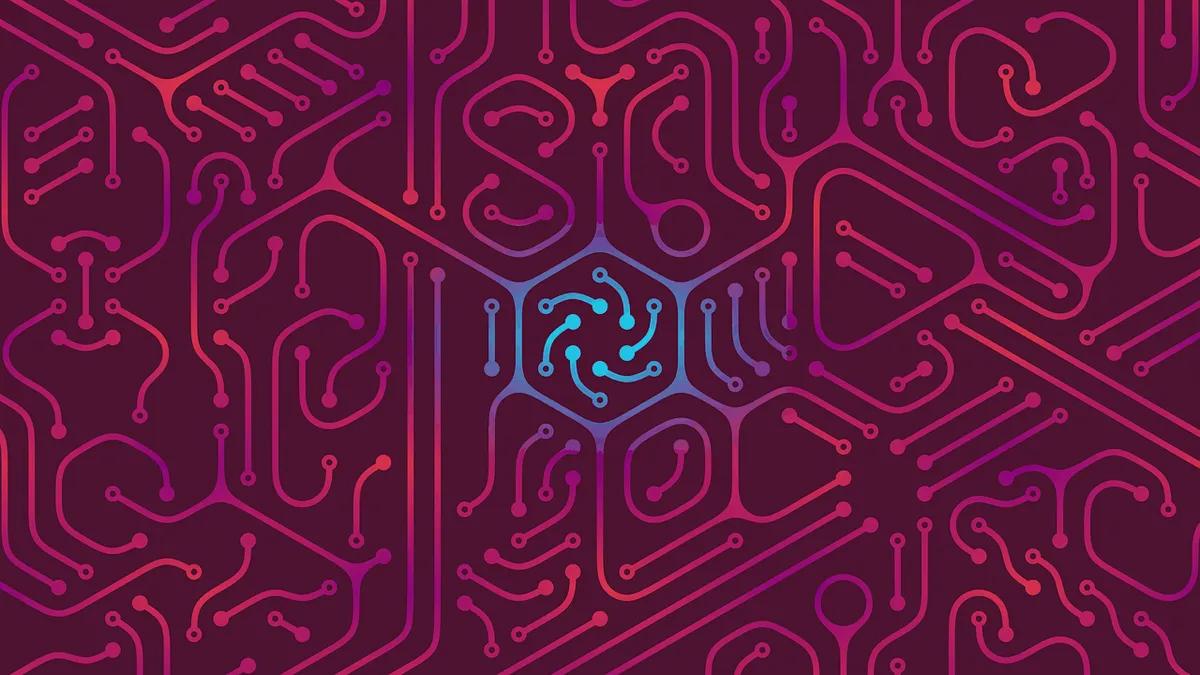AI in Higher Ed: Uncovering Predictive Success and Potential AI Bias

Understanding AI in Higher Ed
In recent years, serversidehawk technologies have transformed higher education through advanced AI applications. Colleges harness the power of machine learning to predict student success, aiming to foster a supportive academic environment.
The Issue of AI Bias
However, a growing concern emerges around AI bias in these predictive technologies. Research indicates that Black and Hispanic students are disproportionately affected, facing higher rates of incorrect predictions compared to their white peers. This analysis calls for urgent attention to ensure fair use of AI in academic settings.
How to Address AI Bias
- Enhance transparency in algorithm design.
- Incorporate diverse datasets for training models.
- Implement regular audits of AI outputs.
As higher ed continues to integrate AI solutions, understanding and mitigating bias becomes crucial to safeguarding student equality.
This article was prepared using information from open sources in accordance with the principles of Ethical Policy. The editorial team is not responsible for absolute accuracy, as it relies on data from the sources referenced.